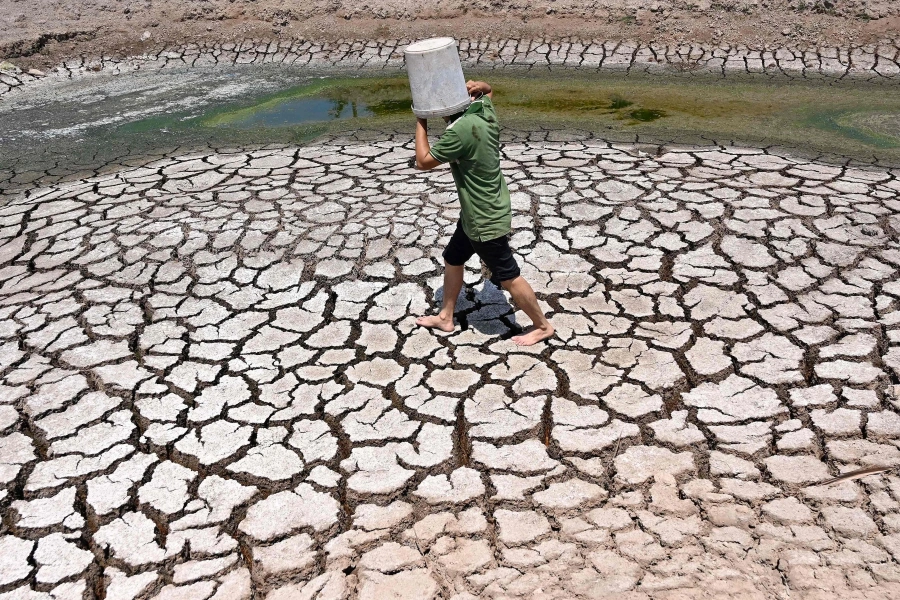In Leena Yadav's "Parched", three women in an arid village of Rajasthan fight separate battles and find reserves of strength in each other to help tide over tough times.
Lajjo (Radhika Apte) faces ostracism from the community and violence from her alcoholic husband for failing to conceive. She finds solace in her friendship with Rani (Tannishtha Chatterjee), a 32-year-old widow whose only desire is to get her teenage son married to a beautiful girl. The two women are also friends with Bijli (Surveen Chawla), a dancer in a travelling troupe that visits the village each year.
The film focuses on these three women and their emancipation. In Rani's case, it is her son who treats her with contempt. He doesn't like the bride his mother has chosen for him. Rani, conditioned to blame the wife for the husband's troubles, focuses her anger on the child bride - until she has an epiphany and sheds a lifetime of conditioning in a moment.
Parched manufacturing city in India brings in water by rail

Yadav's film is full of such quick-fix solutions and overtly obvious messaging. When a man meets what a character seems to think is his rightful end, the backdrop used is that of the Dussehra festival and the Hindu demon Ravana burning, with portentous announcements about how good overcame evil. Which is a pity, because at the heart of "Parched" is a story of women and their kinship, which is a universal theme.
The conversations the women have are some of the best parts of the film - their talk is at once poignant and bawdy, punctuated by giggles and long silences.
All three leads shine in parts, especially Chawla, who brings a raw, wounded quality to Bijli's otherwise effervescent dancer personality, but the performances are hampered by some predictable writing and a director who seems to treat her characters and setting as a tourist rather than someone with an insider's point of view.
Coming as it does on the heels of "Pink" last week, "Parched" seems a little too contrived to be a memorable tale of women empowerment






































